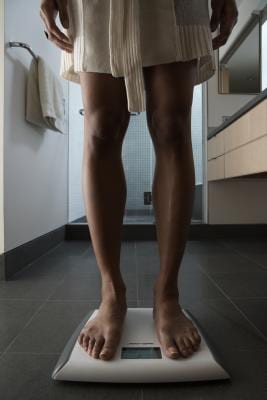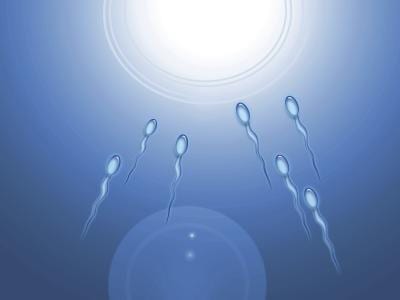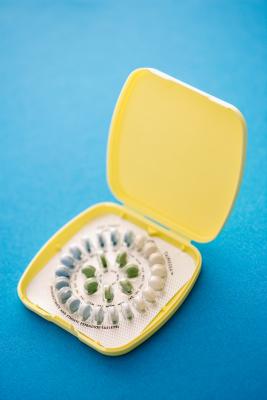Menopausal Weight Gain in Women
Menopause, sometimes referred to as the change of life, is a normal, natural part of every woman’s life cycle. Menopause is the stage of life when female fertility ends. It is marked as occurring once a woman has gone 12 consecutive months without a menstrual period. A number of symptoms may accompany the change of life including hot flashes, night sweats and weight gain, particularly around the abdomen.
Teen Skin Problems
There are plenty of skin disorders that can trouble in teens ranging from seborrheic dermatitis, or dandruff, on the top of their heads, to tinea pedis, or athlete’s foot, at the tip of their toes. The most common skin problem facing teens is acne vulgaris, known in teen vernacular as pimples, zits, whiteheads or blackheads. Around 85 percent of teens will suffer from an acne breakout every year, according to the American Academy of Dermatology.
Times You Are Most Likely to Get Pregnant
When it comes to getting a laugh or getting pregnant, the same adage is true — timing is everything. The ability to conceive is predicated on a number of factors, including the sexual health and maturity of both partners. Once a male enters puberty, his fertility remains relatively stable, and he maintains the ability to father children into old age. A woman’s fertility is a much more delicate condition that ebbs and flows with her monthly cycle.
Women After Menopause
Menopause, sometimes referred to as the change of life, is not a disease, disability or medical condition. It is a normal, natural part of every woman’s life cycle. By definition occurring 12 months after a woman’s final menstrual period, it marks the end of her reproductive fertility. While menopause may signal a change of life, it may be viewed as a new beginning.
When to Stop Taking Birth Control Pills to Get Pregnant
Oral contraceptives, usually referred to as birth control pills, are a convenient, safe and effective means of preventing unwanted pregnancies. Birth control pills can be more than 99 percent effective when used correctly, according to the American Congress of Obstetricians and Gynecologists. Birth control pills can become effective within seven days of beginning a regular regimen, and the contraceptive effects typically wear off soon after discontinuing their use.





